Scientists from Toraighyrov University participated in a scientific and innovative hackathon, where leading scientists from research institutes, major universities of the country and JSC "Aluminum of Kazakhstan" (part of ERG) met to solve key problems and introduce innovations into industry.
The initiators of the hackathon were the Ministry of Science and Higher Education of the Republic of Kazakhstan and the Scientific Research Engineering Center of ERG. The main topic of the meeting was "Scientific and technological development of the metallurgical enterprise of the Republic of Kazakhstan".
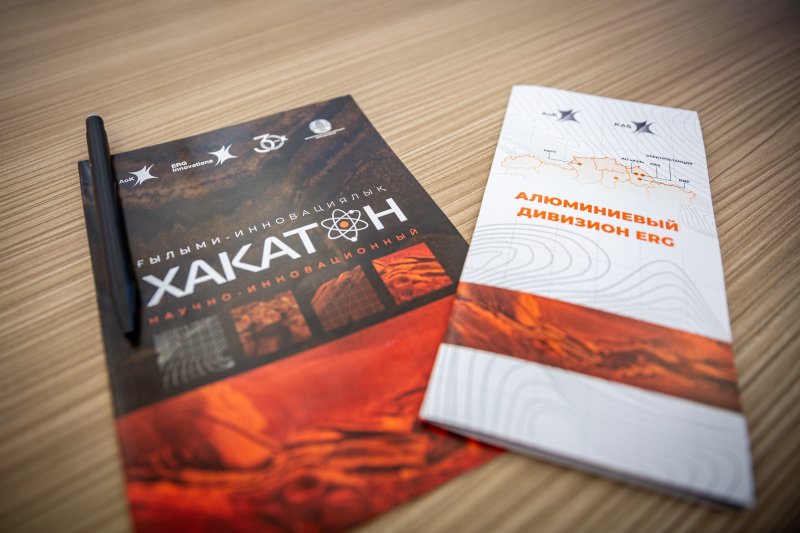
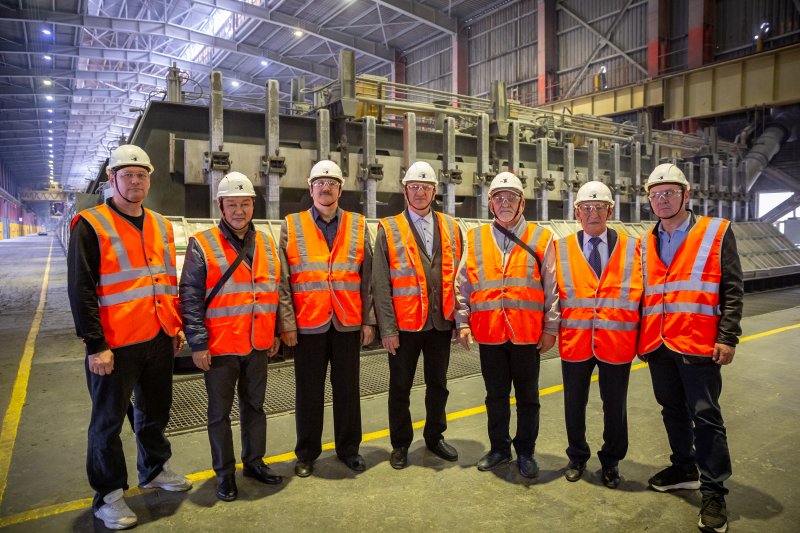
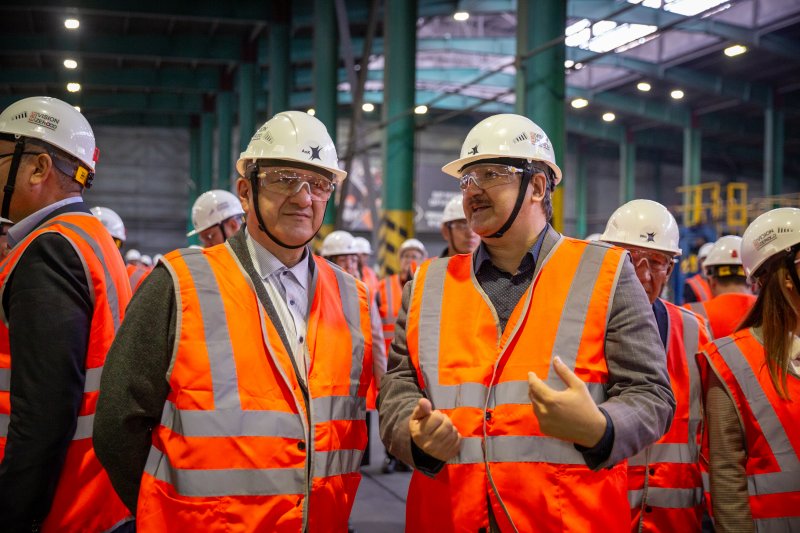
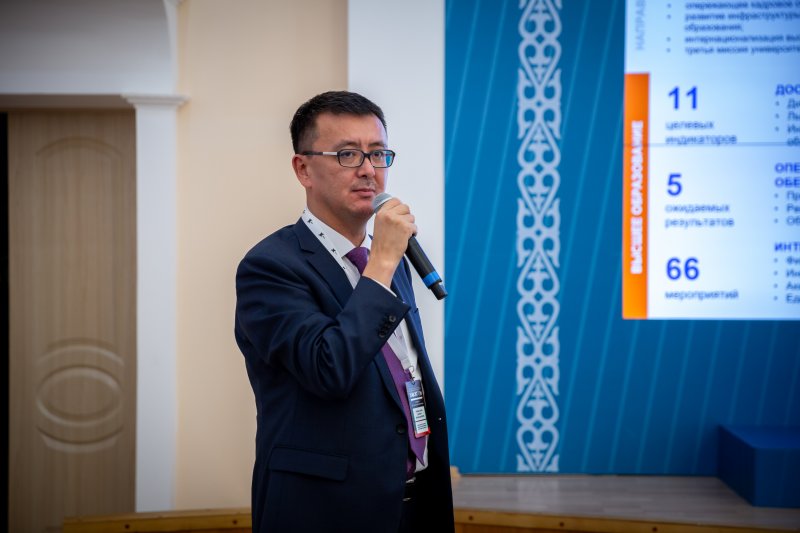
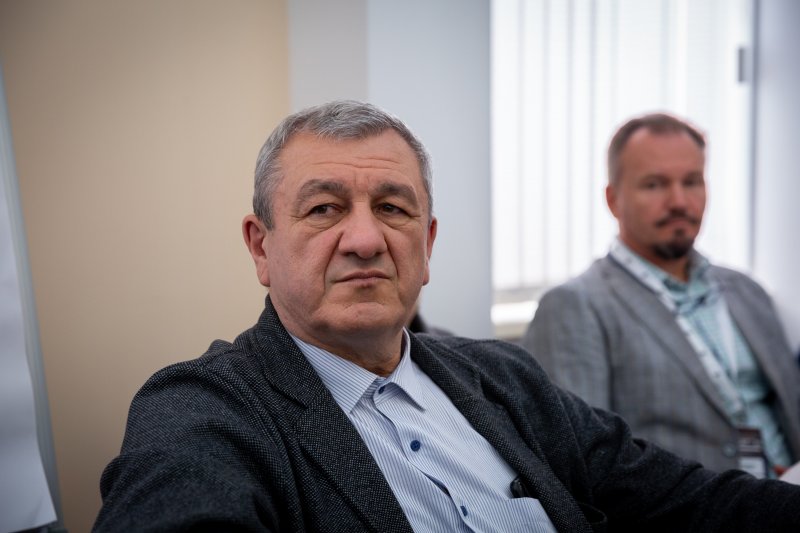
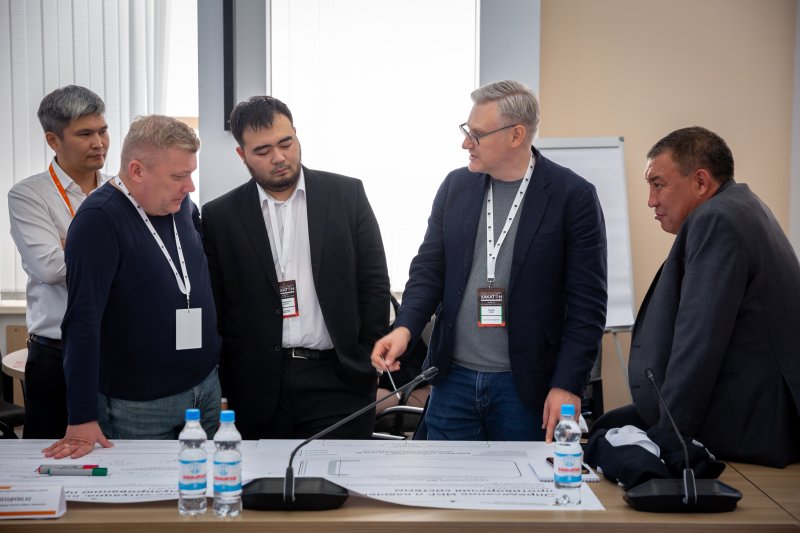
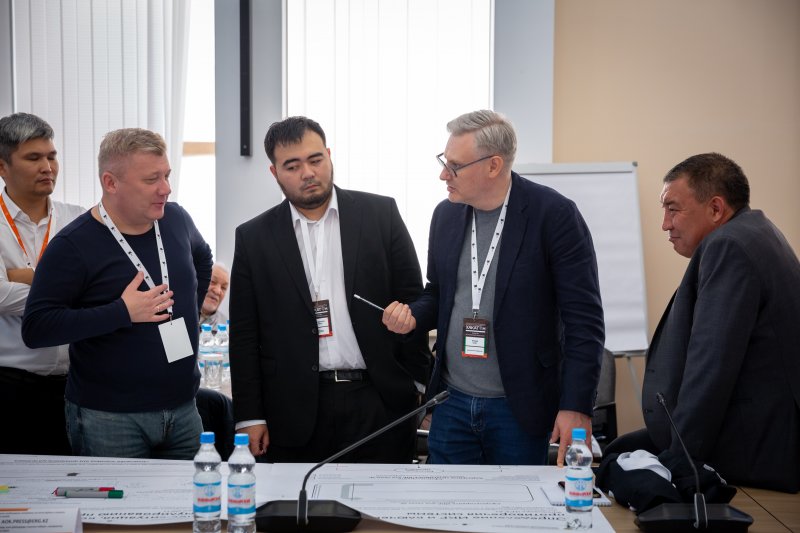
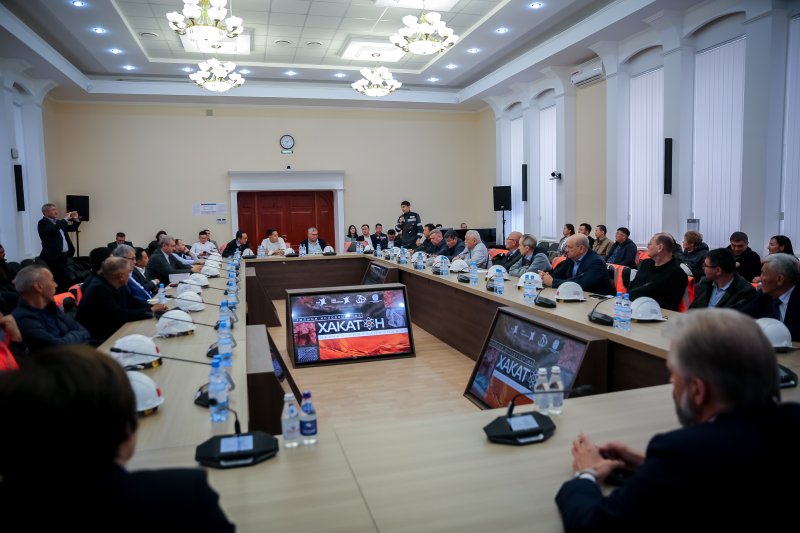
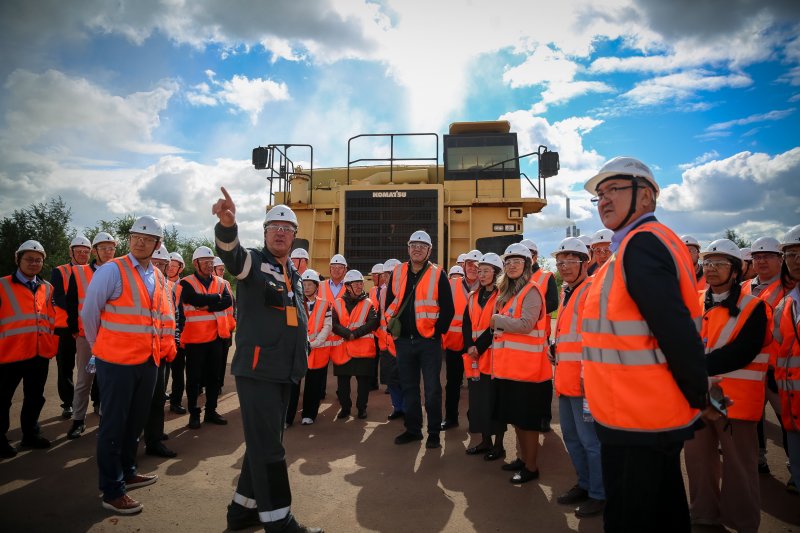
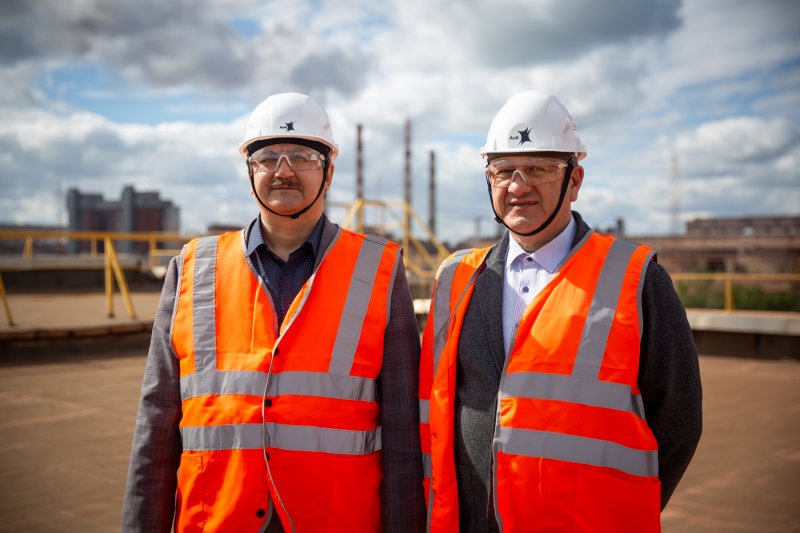
- Today, we are faced with the task of not only developing fundamental research, but also actively introducing scientific developments into production. The hackathon is a good opportunity for our scientists and industrialists to join forces to solve specific technological challenges. Innovative formats such as this are the basis for the successful commercialization of science and technological progress in the country, - noted Vice Minister of Science and Higher Education of the Republic of Kazakhstan Darkhan Akhmed-Zaki.
Jochen Berbner, Deputy General Director of ERG in Kazakhstan, noted that the hackathon helps to form a map of scientific and technological development and develop solutions based on domestic developments.
Scientists and manufacturers studied the characteristics of deep-lying Koktal bauxites, methods of their extraction, problems of high humidity in aluminum ore, innovative technologies for processing bauxites and ways to improve the quality of aluminum. They also discussed issues of modernizing equipment for alumina refineries, recycling aluminum production waste and efficiently extracting gallium and scandium from the products of the Pavlodar Aluminum Plant.
Interacting in groups, the experts developed technological recommendations aimed at achieving significant results.
One of the winners was the project of Professor Yermaganbet Abdrakhmanov from Toraighyrov University. His project was dedicated to developing an effective recipe for producing "green" anodes depending on the quality of the raw materials. This project attracted the attention of the expert committee due to its innovative and practical significance. The project was included in the list of potentially commercialized initiatives in 2025.






